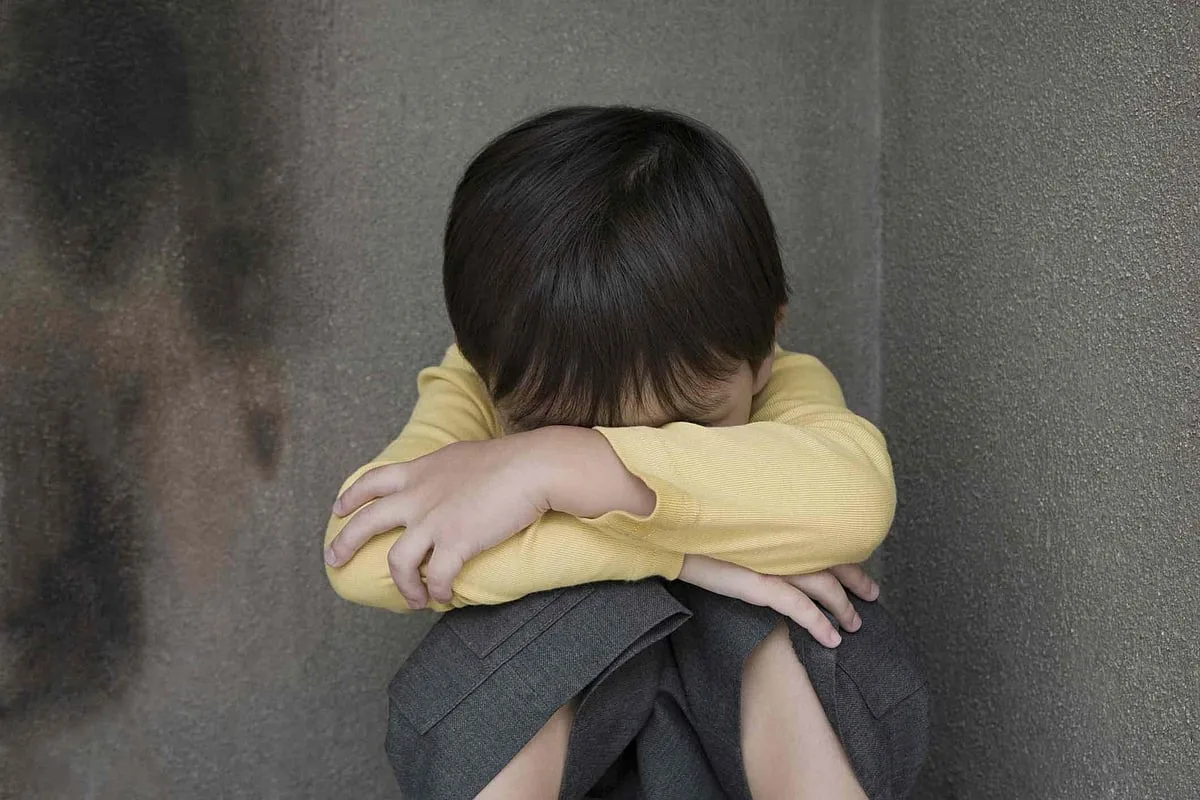Childhood Trauma: A Lifelong Impact on the Brain
A recent study has shed light on the profound and lasting effects of childhood trauma on brain development and mental health. The research highlights how adverse experiences in early life can trigger changes in the brain that increase the risk of psychiatric disorders later on.
The Study’s Key Findings
The comprehensive study delved into the neurological impact of childhood trauma, revealing significant alterations in brain structure and function. These changes can affect emotional regulation, cognitive processing, and stress response, all of which are crucial for overall mental well-being.
- Brain Development: Traumatic experiences can disrupt the normal development of brain regions involved in emotion and memory.
- Mental Health Risks: These alterations elevate the risk of developing psychiatric conditions such as depression, anxiety, and PTSD.
- Long-Term Effects: The study emphasizes that the effects of childhood trauma can persist throughout an individual’s life, influencing their mental and emotional health.
Understanding the Impact
Childhood trauma encompasses a range of adverse experiences, including abuse, neglect, and household dysfunction. Recognizing the lasting impact of these experiences is crucial for developing effective interventions and support systems.
Neurological Changes
The study underscores that trauma-induced brain changes can affect various cognitive and emotional processes:
- Impaired emotional regulation
- Difficulties in cognitive processing
- Heightened stress response
Mental Health Implications
These neurological changes contribute to an increased vulnerability to mental health disorders. Early intervention and support can mitigate these risks and promote resilience.
Moving Forward: Prevention and Support
Addressing childhood trauma requires a multifaceted approach, including prevention efforts, early intervention programs, and accessible mental health services. By understanding the profound impact of trauma on the developing brain, we can work towards creating a more supportive and nurturing environment for children.
Key Strategies:
- Promoting safe and stable family environments
- Providing trauma-informed care in schools and communities
- Ensuring access to mental health services for children and families
Final Overview
This study reinforces the importance of addressing childhood trauma as a public health priority. By understanding the lasting effects of adverse experiences on brain development and mental health, we can implement targeted interventions to support affected individuals and build more resilient communities. Prioritizing prevention and early intervention is essential for promoting long-term mental well-being.




+ There are no comments
Add yours